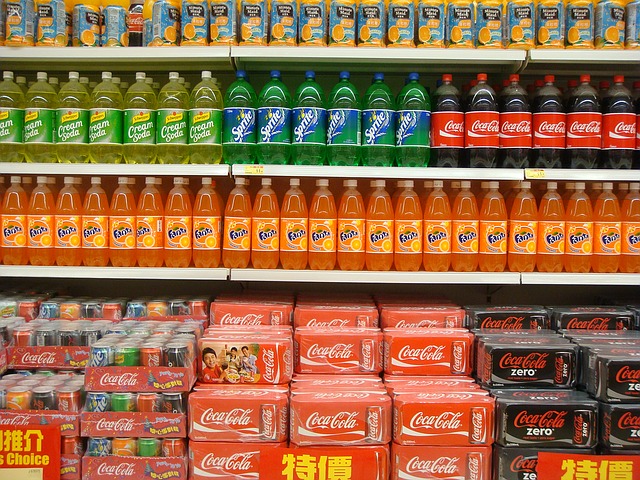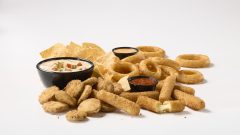U.S.’s First Sugar Tax Is Making Communities Healthier Without Losing Money

In 2014, Berkeley, California voted in Measure D, a 1-cent-per-ounce tax on the distribution of sugary beverages that was aimed at cutting soda and sweetened drinks’ sales down drastically. The aim was that it would improve health and nutrition in the area.
In a pleasant surprise, the sugar tax did way more than just that, according to a new study published in PLOS Medicine. Researchers analyzed over fifteen million checkout transactions across grocery stores in Berkeley and the surrounding areas to find that not only did sugary drink consumption fall by nearly 10%, but the sales of healthier beverages, like milk and tea, have increased in response. Bottled water sales shot up an impressive 15% in that time span.
The tax also raised over $1.4 million for local child nutrition and community health programs and decreased the demand for diet and energy drinks by 9%, meaning consumers in the city have become a lot more health conscious as a result of the sugar tax. Meanwhile, small business owners were not affected by the tax, as no measurable decrease in sales was detected.
The one downside to the tax is that sweetened soft drink sales in the surrounding sales did increase by seven percent, implying that some Berkeley residents who did want their Coke and Pepsi traveled outside of the city to avoid the tax.
Still, overall, the Berkeley tax has been extremely beneficial to the city. It’s made the city more health-conscious while keeping small businesses thriving and putting more money into city health and nutrition programs.

Sugar taxes have begun to pop up in several other cities too, and while not all of the effects in those areas have been measured, there’s clear evidence to show what works and what doesn’t. In Philadelphia, for example, sugar taxes of 1.5 cents per ounce have led to the loss of over 300 jobs after retailers reported a whopping 50 percent loss in soft beverage sales with nowhere near enough recovery in other areas to maintain jobs.
To detail, it could be that 1.5 cents per ounce is too high of a tax for a community to function. Many other Bay Area cities, including San Francisco and Albany, along with Cook County in Illinois have passed 1-cent-per-ounce taxes in recent months similar to those of Berkeley and haven’t reported any negative repercussions as of now.
Boulder, Colorado passed a much higher tax at 2 cents per ounce, but it’s still unclear as to whether that tax will be successful. Based on what happened in Philly and Berkeley, however, Boulder’s tax may be more harmful than helpful to the local community, while the other U.S. cities that followed Berkeley’s model are likely to have more success.
Based on the findings of the study, Berkeley’s sugar tax could be the blueprint model the rest of the nation follows when it comes to taxing sugar and cutting sweetened soft beverage sales since they’ve been able to do so without small businesses or the local community losing money. Considering sugar has been shown to be a leading cause factor of obesity (no matter what Coca-Cola says), that’s critical for a nation fighting a massive obesity crisis.






















